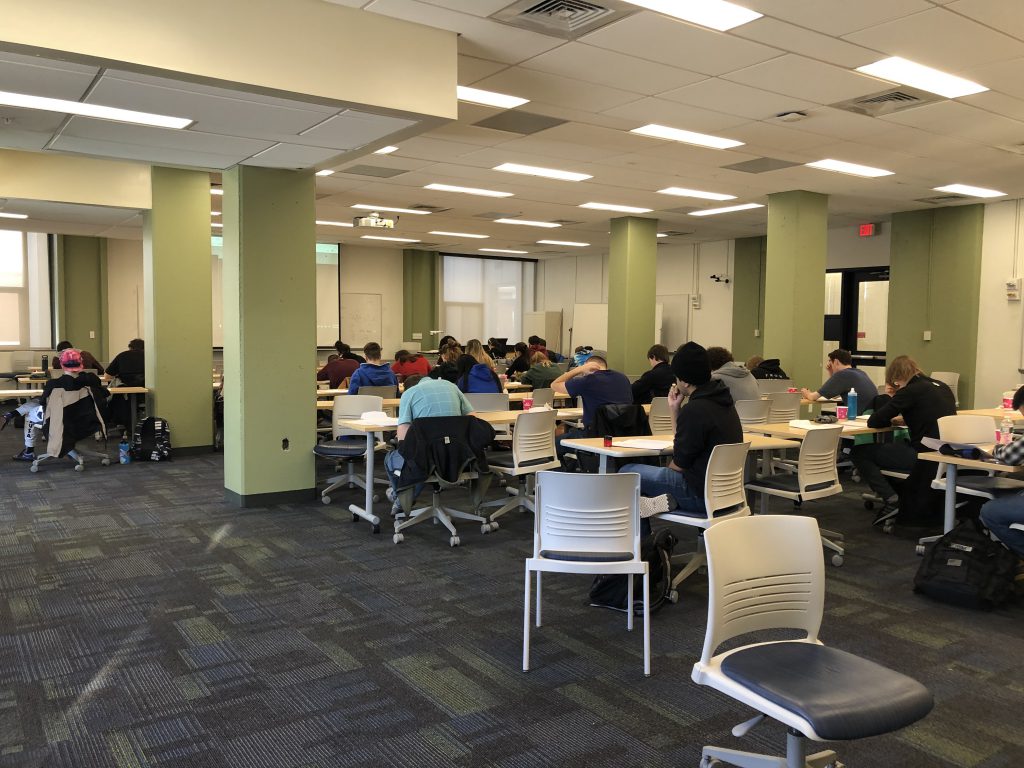A while ago I discovered a Podcast called My Favorite Theorem and have eagerly listened to each new episode. The basic format is that a mathematician is invited by the two hosts (Kevin Knudson and Evelyn Lamb) to describe his/her favorite theorem and also to pair the theorem with some non-mathematical thing, usually food or music.
What’s your favorite theorem? Mine is the Chinese Remainder Theorem. It’s got an obvious pairing, but that isn’t why I picked it. My reason is that is appears in several courses I’ve taught and also has connections with my dissertation research way back in the 1970’s.
In an abstract algebra course, the Chinese Remainder Theorem says that if two positive integers, ![]() and
and ![]() , are relatively prime, then the ring of integers mod
, are relatively prime, then the ring of integers mod ![]() is isomorphic to the direct product the rings of integers mod
is isomorphic to the direct product the rings of integers mod ![]() and
and ![]() .
.
In number theory, the same fact is framed differently, that the system of congruences ![]() and
and ![]() always has a unique solution mod
always has a unique solution mod ![]() as long as
as long as ![]() and
and ![]() are relatively prime.
are relatively prime.
My dissertation research involved approximation and interpolation of functions, and when you generalize the Chinese Remainder Theorem to Euclidean Domains, one immediate implication is that given ![]() points on the plane (pick any field) with distinct
points on the plane (pick any field) with distinct ![]() -values, there is always a unique polynomial of degree
-values, there is always a unique polynomial of degree ![]() or less that passes through the points.
or less that passes through the points.
If you have a favorite theorem feel free to post it in the comments!

